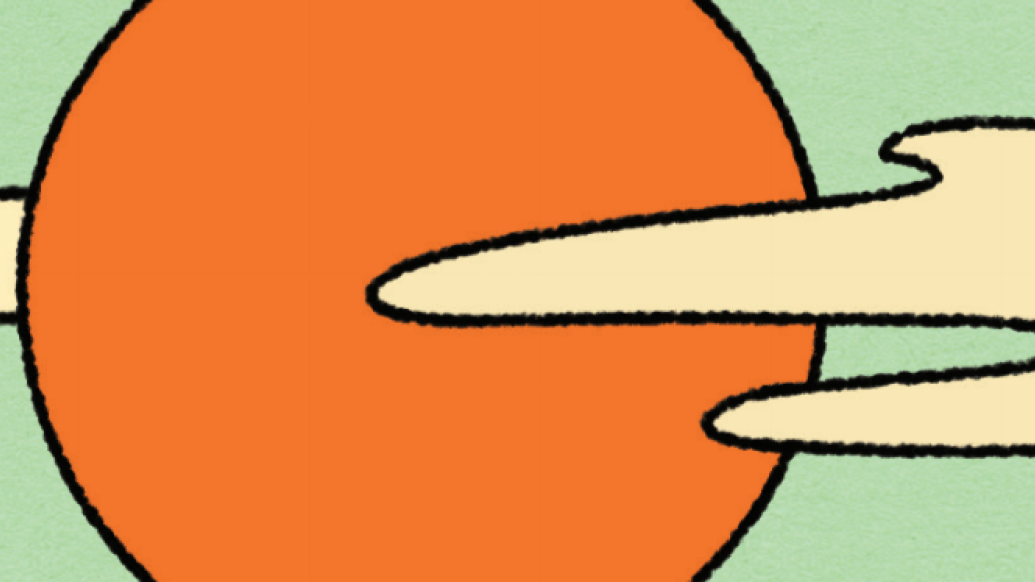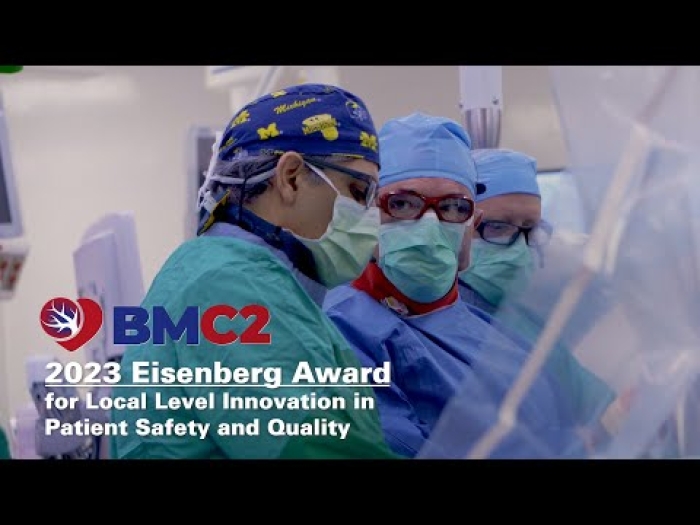
As part of their investigation of psychedelics for use in medicine, researchers at U-M are looking at how other altered states of consciousness produce similar experiences to those of psychedelics. One of them is shamanism.
“Shamanism is one of the world’s oldest spiritual practices,” says Emma Huels, a doctoral candidate in the Neuroscience Graduate Program at U-M. “It’s been around since the paleolithic era,” she says. “And to enter this state you’ll have a shaman, in the case of indigenous tribes, or a shamanic practitioner who has trained in these traditions. They enter this trance state by listening to rhythmic drumming, during which they provide healing to others. Our research is based on these healing practices started and still performed by indigenous cultures around the world.”
Huels and a team of researchers wanted to know whether the shamanic state of consciousness has similar effects on the brain as psychedelics. The research group studied 24 shamanic practitioners and 24 controls who had no previous exposure to shamanism or psychedelics. Using electroencephalography (EEG),they recorded brain activity during shamanic drumming and while listening to classical music. They then compared this data to previous studies measuring brain activity in people under the influence of psychedelics and published their findings in Frontiers in Human Neuroscience.
“We found that the way the brain changed in the practitioners whenever they were in this trance state was different than in psychedelics,” Huels says. However, the way people described their experience was similar to what was experienced by people in a psychedelic state despite the difference in brain activity.
“We call them distinct states with shared traits,”Huels says.
Huels is hopeful. With more research, reaching an altered state of consciousness through shamanism could become part of the standard array of non-pharmacological therapy options.





